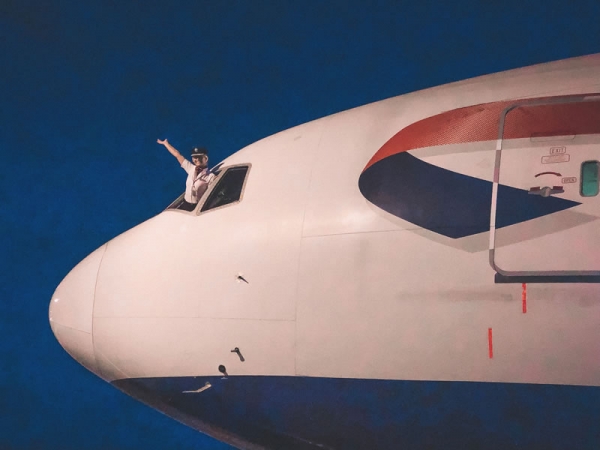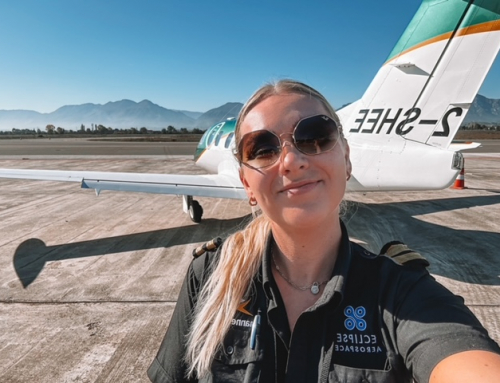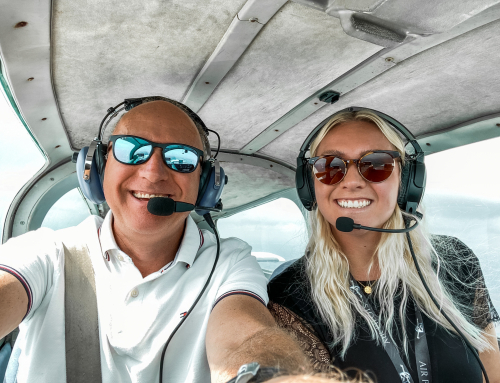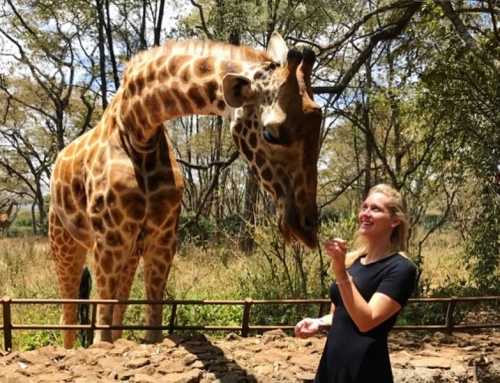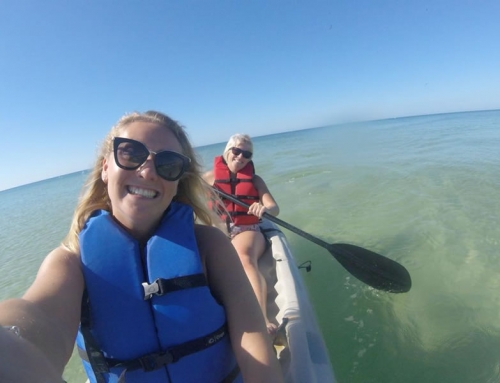So you’re thinking about being cabin crew, or you’ve just had your offer letter – congratulations! It feels so exciting but so so scary not knowing what the next few weeks have in store for you. After flying for 2 years with BA, and completing a few other assessments, I have put together a little guide that may help you on your way to 38,000 feet!
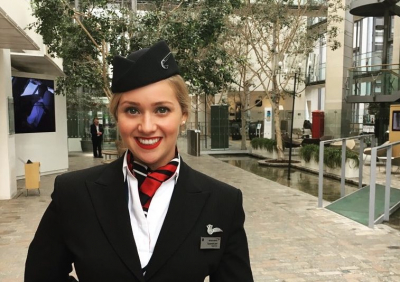
APPLICATION & ASSESSMENT
Nearly all crew jobs are centred around a similar process. They tend to begin with an online application consisting of your background, work and education history and personal details. There is then sometimes a video interview; automated question asking on screen followed by 30 seconds or so for you to answer on video. Treating this as you would a face to face interview is a good idea, and definitely have some paper to jot ideas down! There may be an academic skill assessment such as verbal and numerical reasoning (basic maths & English), which is again done online and timed, but calculators and rough paper can be useful! 15 mins revision on Bitesize will prep you.
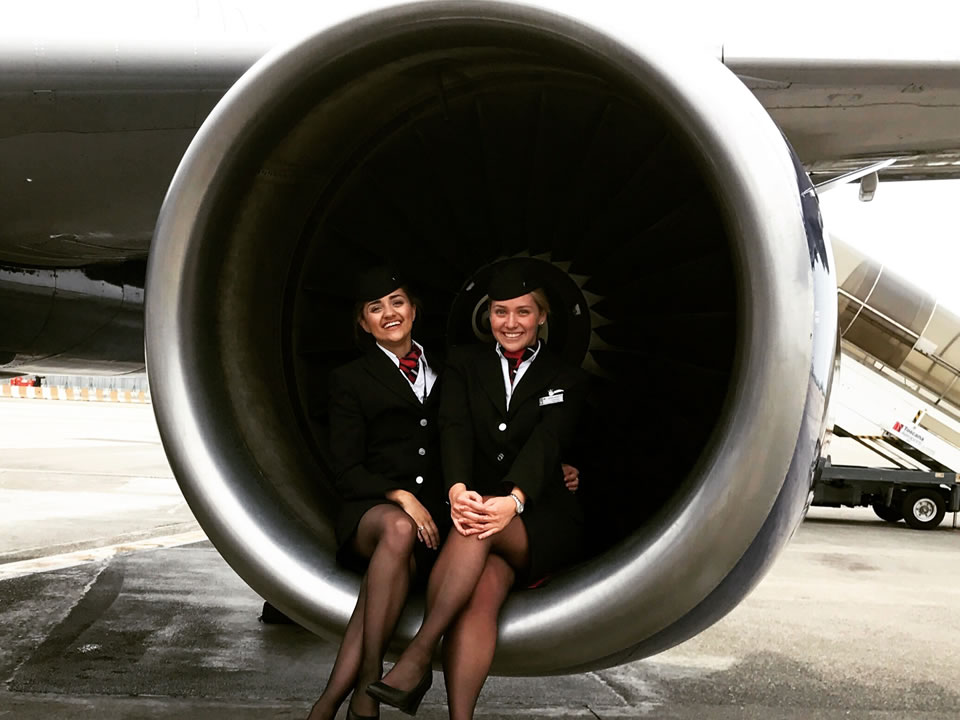
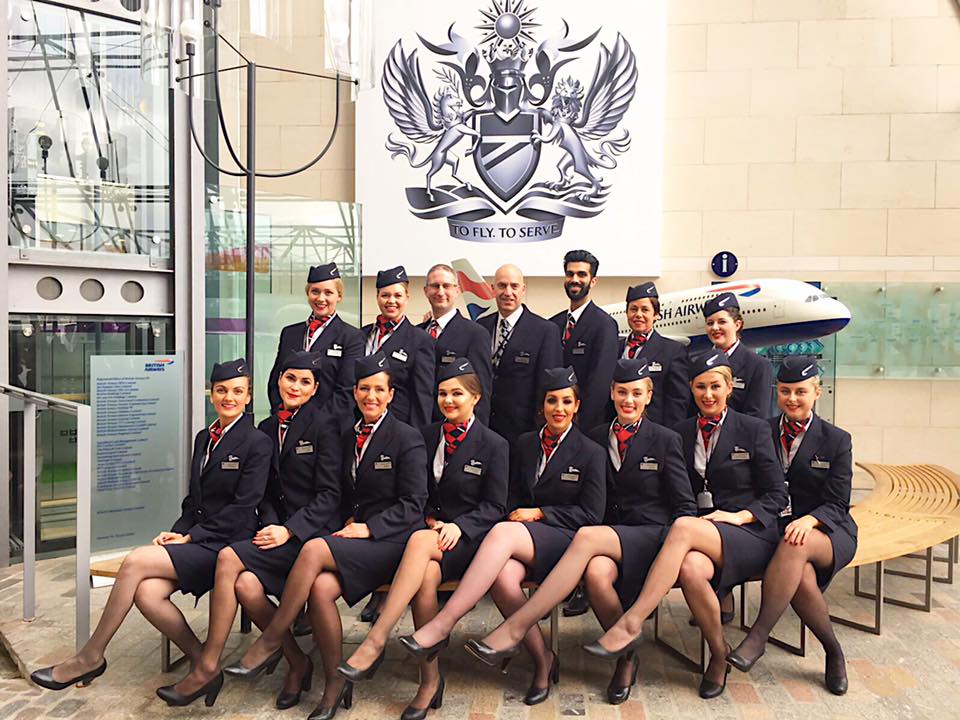
Do’s & Don’t of the Assessment day
The day is normally made up of a morning and afternoon session, and it could be necessary to pass the first to move onto the second. There may be a few reach tests and height measurements, a group exercise and a 1 on 1 interview. You may also have to do a role play (always remember the customer focus, read what you’re given carefully, and stay professional), and even read out a statement as a check for your PA voice – concise, steady & clear does the job.
- DO double & triple check the documents and photocopies you need to bring so that you’re not refused entry to the assessment day. It’s seen as bad organisation or being careless turning up unprepared.
- DO arrive early and looking cute – aviation is all about time management and good grooming. I always choose a simple black dress, flat shoes, a neat ponytail and a pink blazer, (something to remember me by!).
- DO prepare interview answers to some extent. Have a little think through examples you can use when asked competency based questions. For example, for me a time when I worked well in a team was when waitressing during a busy Christmas shift. Set the scene, talk about why you worked well in a team, and mention the outcome, ie. Everyone got their pigs in blankets and I got a tip lol.
- DO research a few key ideas of the airline, maybe a few statistics and important people. Show you’ve done a little work and that you’re excited about the airline and the potential for you to be there. Be enthusiastic!
- DO always keep eye contact, try and seem positive, and enjoy your day! Assessments are exciting insights into your potential future jobs.
- DON’T lie about your height, because you really will do all this prep and just be sent home for not meeting requirements for safety and operating reasons.
- DON’T fidget or babble, and never speak over someone else in the group interview. Cabin crew are team players so the whole day is about showing how you would fit in with a group, remembering names, being polite and providing a couple of valid points. The interviewers expect you to be nervous, but a deep breath to gather your thoughts is always helpful.
- DON’T play on your phone during the day, make conversation with other candidates and get to know your future crew mates. You never know who is watching.
- DON’T ever say your reason for wanting to be cabin crew is FOR THE TRAVEL – try and find a unique point about the airline, maybe it is a certain policy or hallmark, or the way they treat customers differently to others.
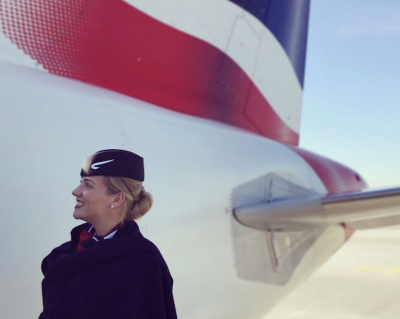
TRAINING
So they loved you at the assessment (obviously), and you’re about to start your training! Sometimes referencing can take a while – I waited for 9 months from my congratulations email until training day 1, but patience and being proactive when responding to emails is key. I also chose to move up to London to have a shorter commute and to be able to concentrate on studying and sleeping for a few weeks. Check out local room rents or crew houses which are a little cheaper than the airport hotels if you fancy it.
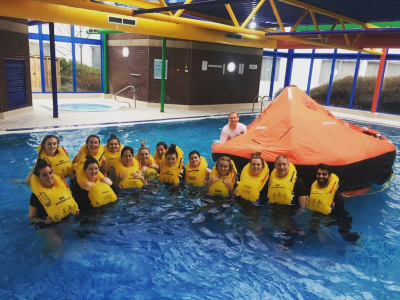
Training itself is not that hard. The trick is taking it day by day, 1 exam and a time. It is a LOT of information thrown at you in a short space of time, but everything is consolidated once you’re in the air! Doing that extra half hour reading before bed even though you’re totally shattered from jumping down slides, survival training in the pool and fighting fires in the smoke room is what’ll make the difference. Look on your airline learning portal for practice exams (I know BA uses the same Qs in the real ones). The mates you make in training will always have a special place in your cabin crew experience, and you may even end up partying down-route with them, so help lift each other up and you’ll all make it to wings day. Coloured pens and proactive note taking are essential, but don’t worry about every little detail or your brain will explode! Lastly take loads of photos! Your first day in uniform is so special, and once the pain of training is gone, you’ll only have good memories! I wrote a little about my training experience here, so check that if you are interested.
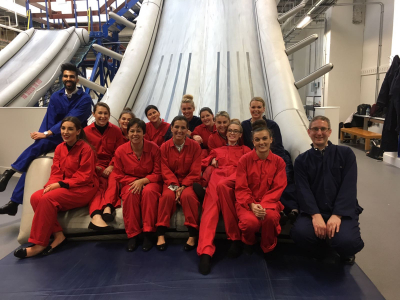
TOP TIPS FOR CREW
I didn’t sleep before my first flight; I was crazzzzyy nervous. Partly because they sent me to Nigeria, but definitely because I felt like I’d forgotten everything I needed to know.
I can’t stress enough how much preparation is vital in this career.
Check out your aircraft layout & the safety equipment the morning before your flight, triple check you have the correct uniform and ID, and read through medical topics, in flight service standards and any safety related messages to prepare you for the pre-flight briefing.
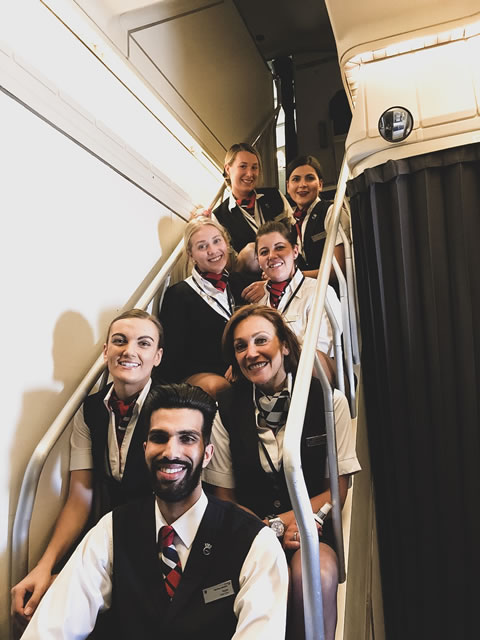
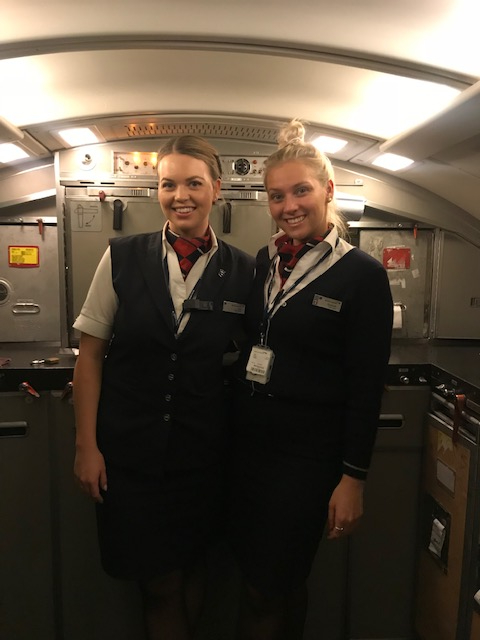
The briefing is always an ominous place at first, but once you start recognising friends and realise that everyone is racking their brains whether they’ve been there 2 weeks or 10 years then you relax a little. You learn about your flight, your passengers, and usually go over a few safety and medical topics as a refresher. It was a scary thought being the new girl but everyone was so lovely and I even kept my first briefing sheet as a little memo.
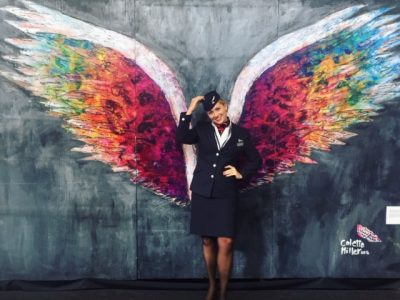
Living out of a suitcase is super annoying, but when you’re being paid to travel the world, you can’t really complain! Something to consider is your stock of mini cosmetics. Short haul flights or 3 day trips usually mean no check in case, so you will soon be a proud owner of a million miniature toiletries.
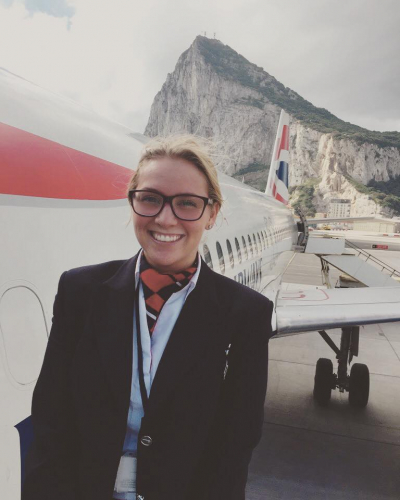
There are certain inflight essentials you learn that you simply cannot live without. A few of mine were breakfast bars, a hot water bottle, hand cream and a fluffy jumper for crew rest. Long haul crew often get to use the crew bunks for a mid-flight nap or sit down. Totally take this time to get out of your gravy covered uniforms and snuggle into a nice warm hot water bottle and cozy jumper. It really helps break up the flight and lets you remember how it feels not to be a jet-lagged mess for 2 hours.
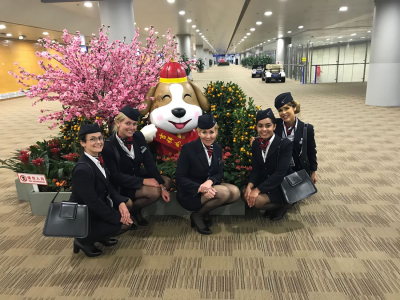
Lastly, this job literally flies by (no pun intended). I used this blog as way to update my friends and family all around the world, before transforming it into a layover guide for crew and city info for mini breaks. It’s soooo lovely to look back on everything I’ve been lucky enough to experience. I would also totally recommend downloading the app 1-second-everyday which allows you to take a short video daily and then mash them all up for you to look back on all the amazing experiences you’ve had. I started it on my first flight and after 2 years I have so many banging memories I can keep watching over & over again forever.
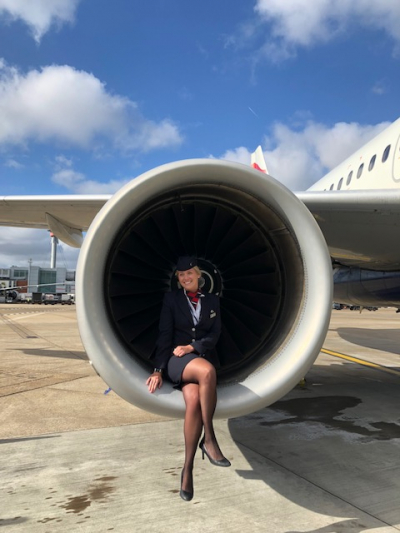
Any more q’s let me know. Good luck! xxxxx


